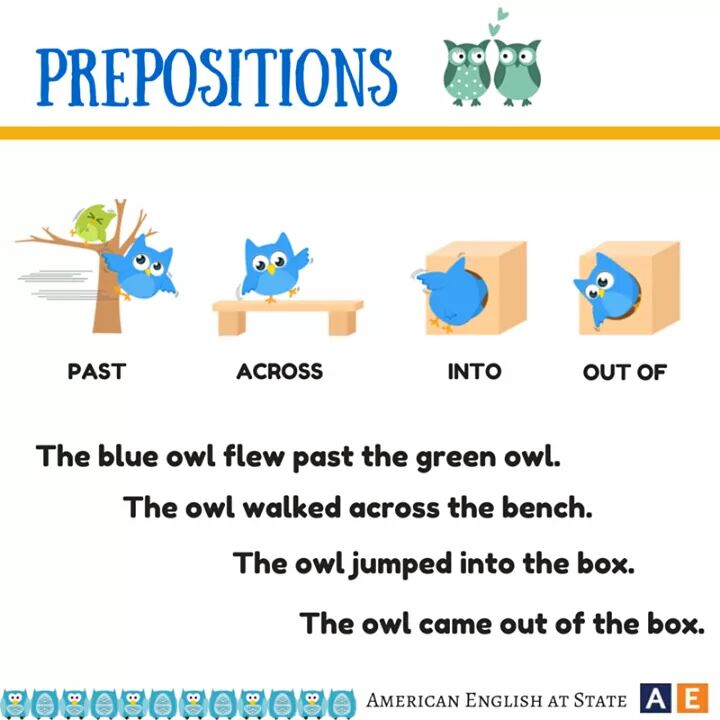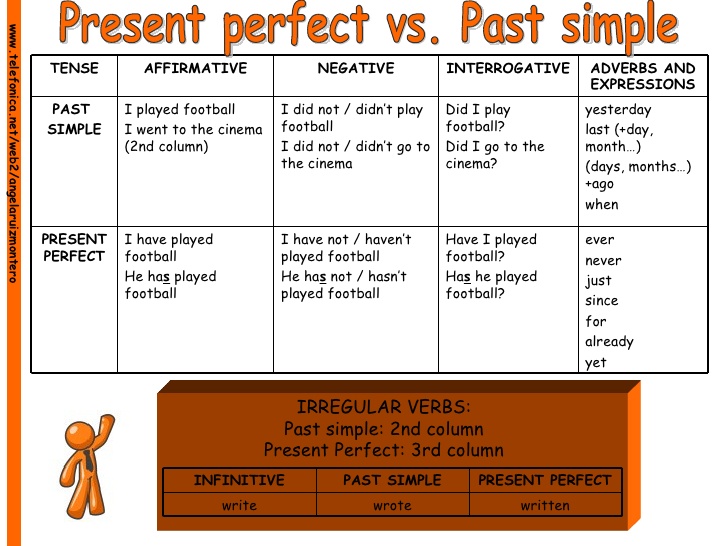Linking Words: Adding, Organizing, Summarizing
Adding Information and Examples
for example / for instance
Use these words to give one example of the idea you are talking about. Both of these expressions can go at the beginning or the end of a sentence.
- There are a number of problems in this school.buy temovate online buy temovate over the counter generic
For example, many of the classrooms don’t have audiovisual equipment.
- She has a lot of good ideas for our business – opening an online store, for instance.
Written English: i.e. and e.g
In written English, we can use i.e. to give further explanation or clarification; it means “that is” or “in other words.”
- Our last marketing campaign failed (i.e. we spent $50,000 and didn’t make many sales).
We can use e.g. to give examples; it means “for example”
- I enjoy radical sports (e.g. rock climbing, hang gliding, and windsurfing).
In formal writing, these expressions always appear inside parentheses.
namely / such as
There is a difference between namely and such as.
Namely is followed by ALL of the examples you referred to, but such as gives only one or some of the examples, not all of them.
- A few of the students – namely Brian, Thomas, and Jack – failed the course.
- A few of the students, such as Brian, failed the course.
also / too
Also can go in the middle of a sentence, whereas too is typically used at the end.
- We did a lot of sightseeing on our vacation.buy doxycycline online buy doxycycline over the counter generic
We also bought a number of souvenirs.
- We did a lot of sightseeing on our vacation. We bought a number of souvenirs, too.
as well / as well as
As well goes at the end of the sentence (similarly to too). As well as must be followed by another word.
- She’s not only extremely successful, she’s beautiful as well.
- She’s beautiful as well as being extremely successful.
in addition / moreover / furthermore
These linking words are usually used at the beginning of a sentence to add another idea or further develop the previous point.
- People who exercise regularly have more energy during the day and sleep better at night. In addition, they tend to live longer.
- Construction on the new subway has been delayed for months due to budget shortfalls. Moreover, the workers are threatening to go on strike.
- Our sales are expected to rise 30% in the next year.buy bactroban online buy bactroban over the counter generic
Furthermore, purchase of new equipment will help cut manufacturing costs and increase profits.
Organizing and Ordering Information
Firstly / Secondly
When you are going to make a series of points, you can use firstly and secondly for the first and second points. After that, you can use “The third point,” ”The fourth point,” etc. or “in addition.”
Lastly / Finally
For your final point, you can begin the sentence with lastly or finally. These words show your audience that you are almost finished.
the former / the latter
You can use these words to refer back to two examples previously mentioned:
- Our company has two factories: one in Detroit and one in Atlanta. The former is operating at 95% capacity and the latter at 65%.
In this case, “the former” = the factory in Detroit, and “the latter” = the factory in Atlanta.
Summarizing Information
Here are some English phrases you can use to give a summary of the information you have already said or written. In general, these phrases go at the beginning of the sentence and are followed by a comma.
- In short,
- In summary,
- To summarize,
- In conclusion,
- In a nutshell, (more informal)



